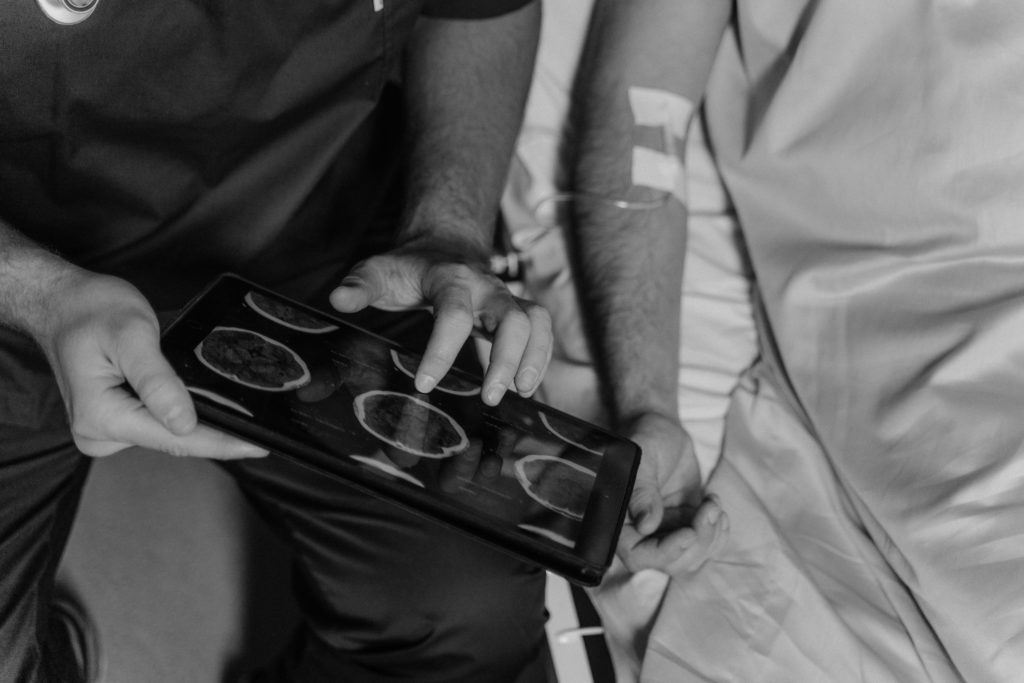As a psychology student in the early 2000s I was schooled in neuroscience. I was told of their wonder, how insightful and ground breaking, how this science was going to change everything we knew about the human mind and behaviour.
My mentor, a well-respected psychology professor, was one of the few voices dripping caution into my ear. ‘Postcode psychology’ he called it. Yes, it tells us where activity is in the brain, he would say in wise tones. But what does that mean…really?
Well neuroscience tells us a huge amount when it comes to how the brain is organized and how it works, and especially about brain injury and damage.
But by comparison, he argued, it tells us surprisingly little when it comes to understanding everyday human experience – what we feel and how we behave in our regular lives.

I listened to both arguments and stayed neutral. Neuroscience was a tool and I wanted to learn more.
I studied brain research as I became a postgrad, PhD student and an academic. Many music studies were hugely impressive. For example, I learnt about how music is processed like a language by observing at how the brain dealt with both. I learnt how music can heal the brain – at any age - by neuroplasticity and neurogenesis. These are invaluable arguments on the importance of music for our brain.
The downside was that people were becoming over-convinced by neuroscience and under-convinced by regular behavioural psychology. It was rarely good enough to ask people how they felt or see how they reacted to the world. Oh no – the answer was in the brain.
People are deceptive, either intentionally or because of our innate biases … the brain holds the truth. Right?
The main problem with our love of neuroscience is that the brain can’t tell you everything.
The impact of binaural beats is one such case. Lots of people want to know how binaural beats change the brain. The assumption is that brain activity tells us whether binaural beats ‘work’ (i.e. are effective).
Am I the only one who thinks that is mad? An EEG study tells you the reaction binaural beats provoke in the brain. Like an echo coming out of a cave. It won’t tell you by itself if binaural beats change how people feel or behave. It tells you about brain waves. We are more than brain waves.
The idea that people are biased to believing in the power of brain scans is a proven fact. Iris Berent and Melanie Platt (2021) asked people to play ‘doctor’ and diagnose psychiatric disorders. They were more likely to believe that their ‘patient’ had an innate and incurable condition when they were given brain results as opposed to behavioural results, even though the two forms of information were matched for informative value.

.
Let’s be clear - just because there is no brain response measured in one paper doesn’t mean there is no effect of that stimulus on minds and body.
Ultimately if you believe that all you are is a set of neurons then you will miss so much. Medical doctors don't look ONLY at the brain to understand a patient – they look at the whole person. Psychology and science should do the same.
Neuroscience has made a massive contribution to the study of the human condition but we need to step back from sexy brain images and look at the whole picture. Don’t fall for brain-study bias. Brain studies will only ever be PART of the puzzle when it comes to understanding what makes us human.
For more on this topic, check out this article in Scientific American on ‘Why people love the brain for all the wrong reasons’